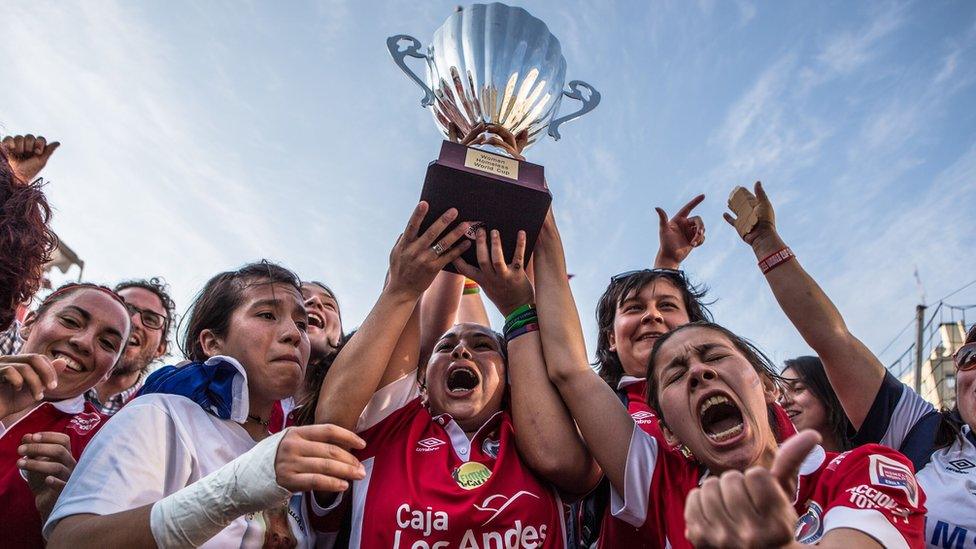Michael Sheen turns himself into a 'not-for-profit' actor
- Published
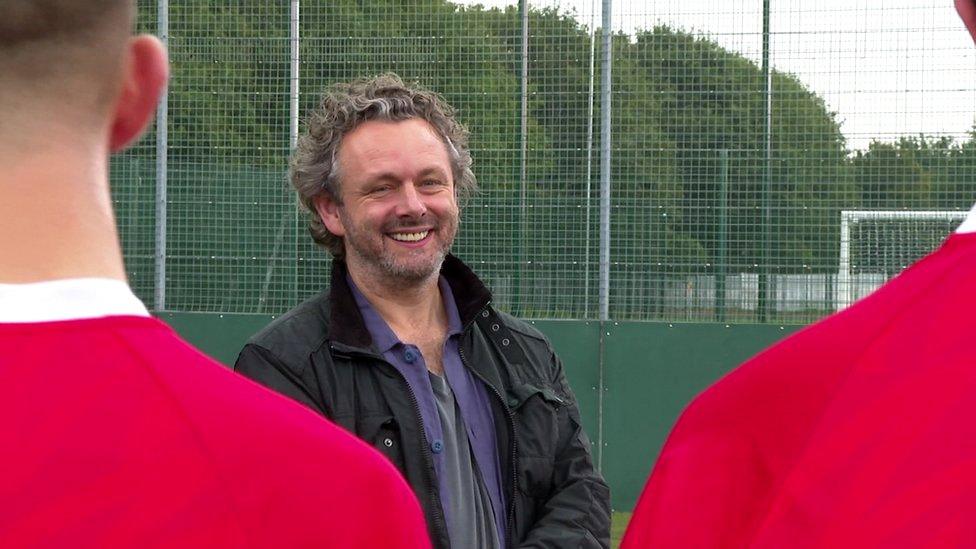
From Good Omens to good causes, Michael Sheen has made himself a "social enterprise"
Michael Sheen said he has turned himself into a "not-for-profit actor".
The Welsh actor and activist sold his houses to ensure the 2019 Homeless World Cup went ahead in Cardiff.
Now the Hollywood star has pledged to carry on using the money he earns from acting to fund more projects.
He said: "There was something quite liberating about going, alright, I'll put large amounts of money into this or that, because I'll be able to earn it back again."
Sheen added: "I've essentially turned myself into a social enterprise, a not-for-profit actor."
Speaking to The Big Issue, Sheen described how he stepped in to bankroll the Homeless World Cup when funding for the £2m project fell through at the last moment.
"I had committed to helping to organise that and then suddenly, with not long to go, there was no money," he said.
"I had to make a decision - I could walk away from it and it wouldn't happen.
"I thought, I'm not going to let that happen. So, I put all my money into keeping it going.
"I had a house in America and a house here and I put those up and just did whatever it took.
"It was scary and incredibly stressful. I'll be paying for it for a long time.
"But when I came out the other side, I realised I could do this kind of thing and, if I can keep earning money, it's not going to ruin me."
'Turning point'
Sheen said he had given "everything" to make sure the Homeless World Cup went ahead in 2019
The star of Good Omens, The Damned United and Frost/Nixon has already pledged £50,000 over five years to fund a bursary to help Welsh students go to Oxford University.
However Sheen revealed the "turning point" followed a 72-hour production of The Passion, external through the streets of his hometown Port Talbot in 2011.
"I got to know people and organisations within my hometown that I didn't know existed," he said.
"Little groups who were trying to help young carers, who had just enough funding to make a tiny difference to a kid's life by putting on one night a week where they could get out and go bowling or watch a film and just be a kid.
"I [came] back to visit three or four months later [to] find out that funding had gone and that organisation didn't exist anymore."
He added: "I realised the difference between that child's life being a little bit better or not was ultimately a small amount of funding and I wanted to help those people.
"I didn't just want to be a patron or a supportive voice, I wanted to actually do more than that.
"That's when I thought, I need to go back and live in Wales again."

WHAT'S THE BIG IDEA?: Food for the mind, and inspiration for the soul
THE ASIAN WELSH: How immigration from the Indian subcontinent transformed Welsh health, culture and the economy

- Published29 June 2021
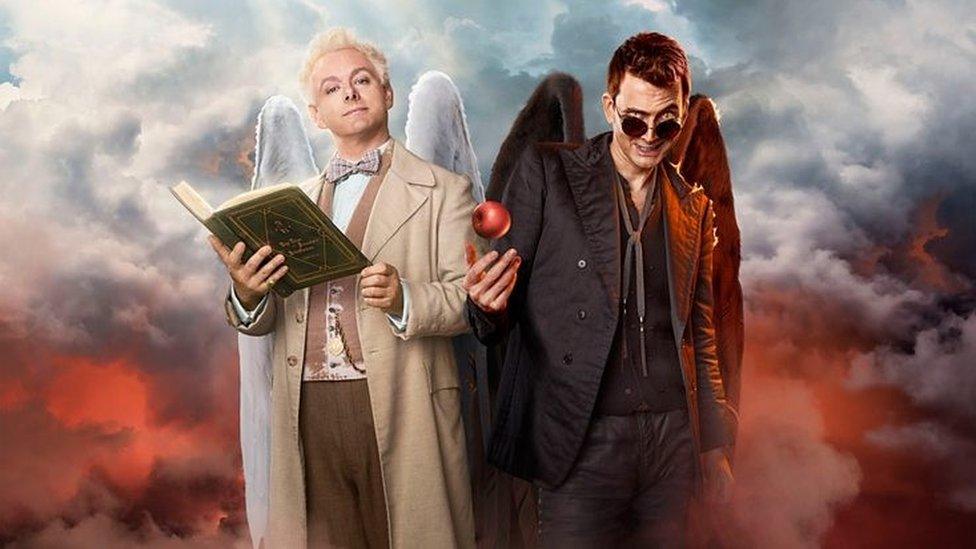
- Published20 April 2021
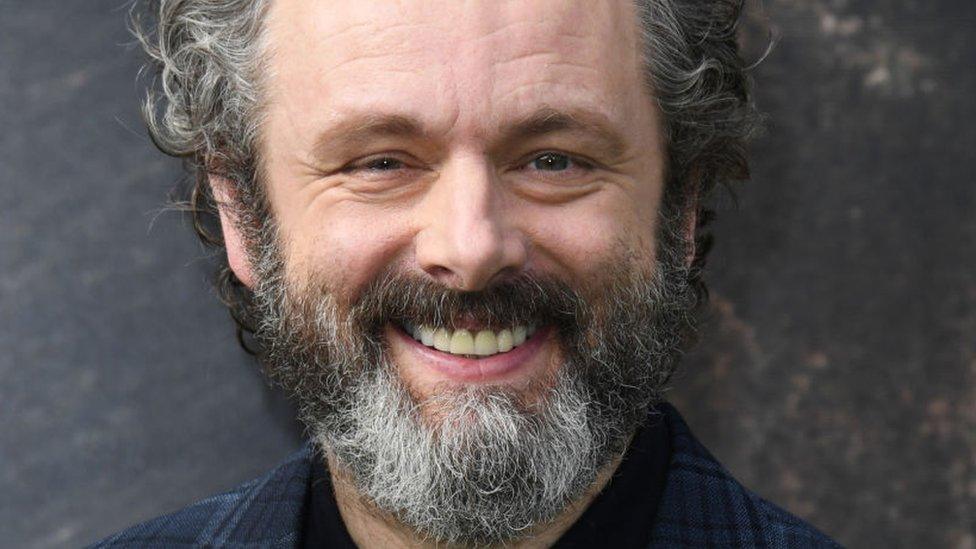
- Published29 December 2020
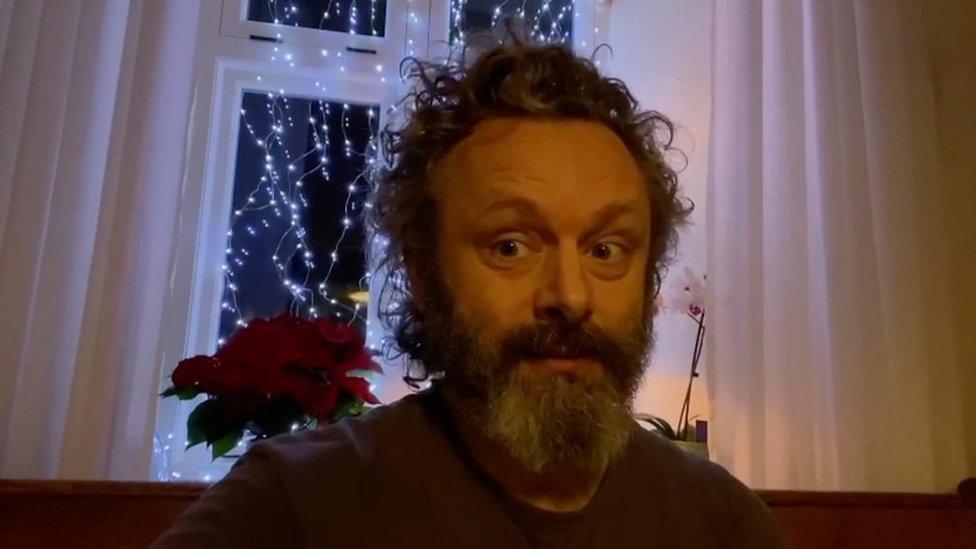
- Published30 July 2019
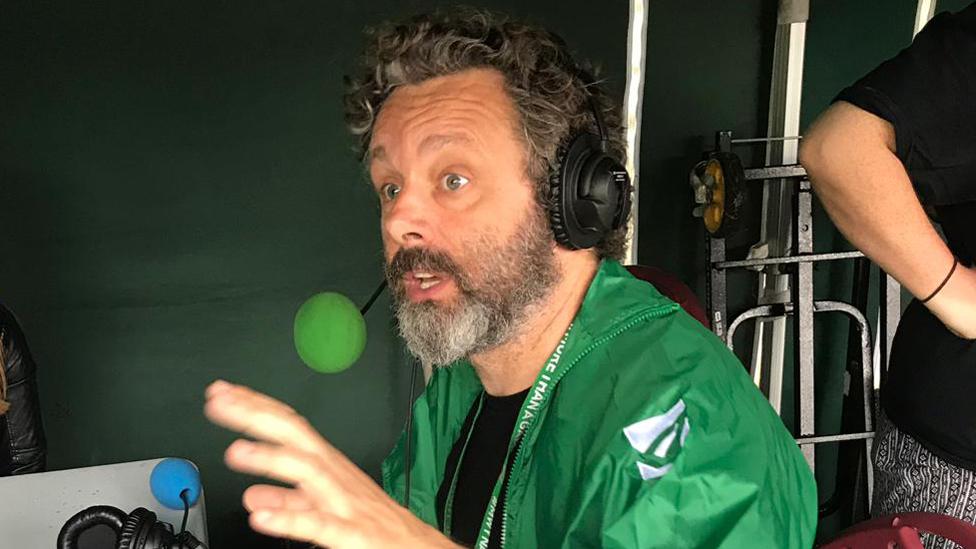
- Published25 July 2019
